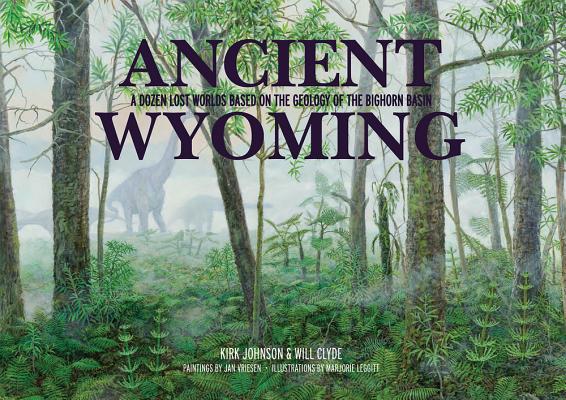
description
9
In the mid-nineteenth century, many dinosaur fossils were found in the United States, especially during the 1870s and 1880s Bone Wars. Paleontologists Edward Drinker Cope and Othniel Charles Marsh discovered dozens of skeletons, but in 1905, fossil hunter Barnum Brown named the first tyrannosaur known to science--Tyrannosaurus rex.
Tyrannosaurus was an impressive beast; it topped five tons, was more than thirty-five feet (twelve meters) long, and had the largest head and most powerful bite of any land animal, ever. Tyrannosaurs started small, just a couple of yards long, and over the course of 100 million years, evolved into giant meat-slicing bone crushers. As of 2015, there were nearly 30 described species of tyrannosaur, but during the last decade at least one new species has been identified and named every year, greatly improving what we know about how they lived, fed, bred, and died. THE TYRANNOSAUR CHRONICLES tracks the rise of these dinosaurs, and presents the latest research into their biology, showing off more than just their impressive statistics--tyrannosaurs had feathers, and fought and even ate one another. Indeed, David Hone tells the evolutionary story of the group through their anatomy, ecology, and behavior, exploring how they came to be the dominant terrestrial predators of the Mesozoic--and more recently, one of the great icons of biology.member goods
No member items were found under this heading.
Return Policy
All sales are final
Shipping
No special shipping considerations available.
Shipping fees determined at checkout.







